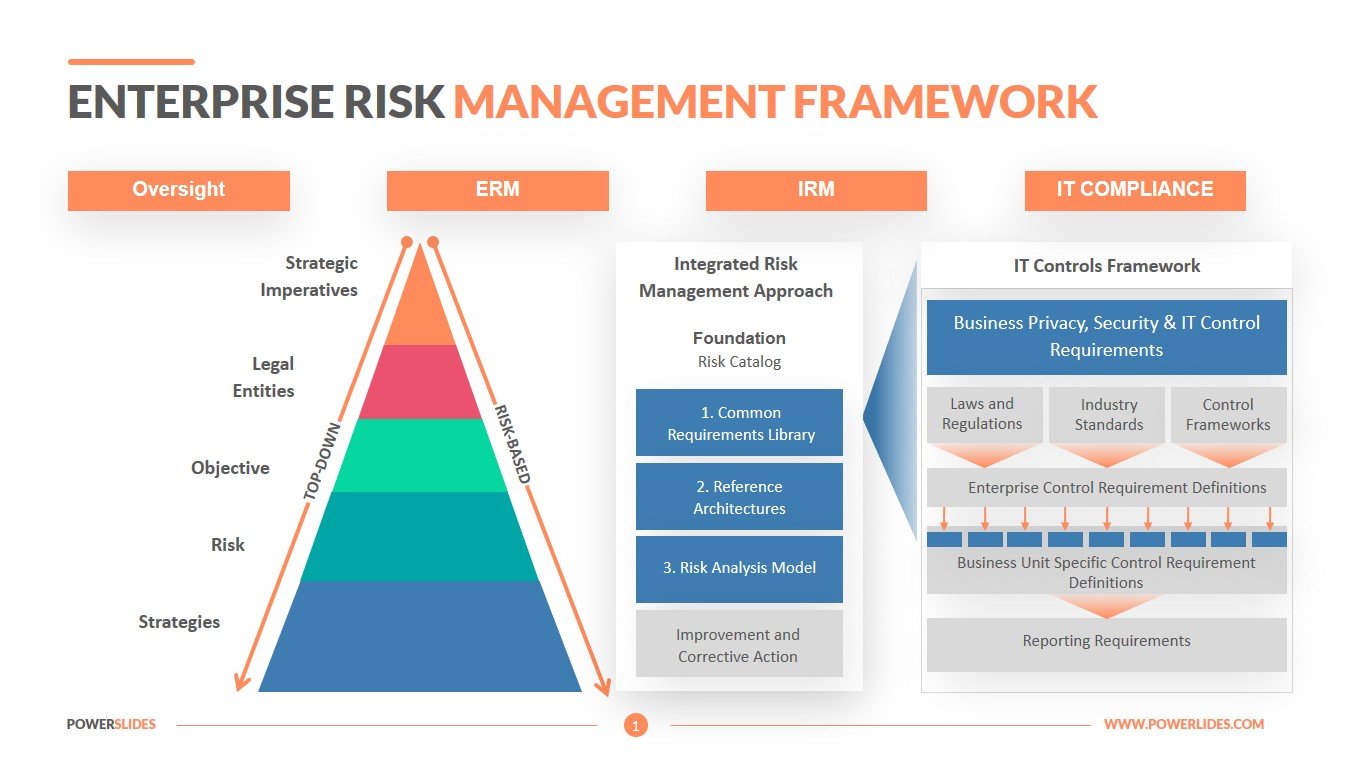Discover the Role of AI in Encouraging Ethics and Stability to Fight Expert Threats Effectively
The combination of AI in business structures has actually come to be pivotal in attending to expert dangers. By using advanced analytics and real-time monitoring, AI systems can identify deviations from honest actions amongst staff members (Insider threats). This aggressive approach not just enhances conformity yet also fosters a setting of count on. As companies significantly rely upon these innovations, inquiries occur regarding their effectiveness and prospective effects for workplace society. What exists ahead in the development of AI's function in advertising honesty?
Understanding Expert Threats and Their Influence On Organizations
Although companies commonly focus on exterior dangers, expert risks position a significant threat that can threaten protection and stability. These hazards arise from individuals within the company, such as workers or professionals, who might misuse their accessibility to sensitive details for personal gain or harmful intent. The effect of insider hazards can be extreme, causing economic losses, reputational damage, and lawful ramifications.
Factors adding to insider hazards include frustration with the work environment, absence of oversight, and inadequate staff member training on safety and security methods. Organizations typically struggle to determine these hazards, as they can be challenging to discover until considerable damages has happened. Avoidance techniques have to concentrate on promoting a society of trust and responsibility, along with executing durable surveillance and reporting systems. By recognizing and attending to the intricacies of insider risks, companies can improve their safety and security stance and protect their important properties from inner risks.
The Development of AI in Work Environment Protection
As companies increasingly confront diverse safety obstacles, the assimilation of artificial knowledge (AI) in workplace security has actually evolved significantly. At first, AI applications concentrated mostly on automating standard protection methods, such as accessibility control and security. Developments in device learning and information analytics have actually transformed AI into an aggressive device capable of identifying possible dangers and susceptabilities in real-time.
Organizations currently utilize AI-driven systems to examine huge amounts of information, enabling them to spot anomalous actions that may indicate expert risks. This evolution has actually resulted in the development of innovative algorithms that can pick up from historic incidents, boosting the system's predictive abilities. On top of that, AI devices are increasingly made use of to enhance event response procedures, allowing protection teams to act promptly and successfully.
How AI Monitors Staff Member Behavior for Ethical Conformity
Expert system plays a vital function in keeping track of staff member behavior to assure ethical conformity within companies. AI systems examine vast amounts of information produced by staff members, including interactions, transactions, and accessibility to delicate information. By utilizing advanced formulas, these systems can identify variances from established honest criteria and company policies.
Equipment discovering versions continuously adapt to identify patterns of actions that might suggest moral breaches, such as unapproved information access or unusual deal tasks. Insider threats. In enhancement, AI-driven devices can offer real-time informs to administration, assisting in prompt treatments when prospective threats are found
The integration of AI into compliance tracking not only improves the company's capability to promote honesty yet also fosters a culture of accountability among employees. By promoting transparency, AI systems act as a deterrent against unethical behavior, ensuring that employees remain aligned with moral criteria and business values.
Examining Patterns: Determining Risky Behavior With AI
A growing number of companies are leveraging AI to assess patterns that might suggest risky behavior amongst workers. By using advanced formulas, these systems can filter with large amounts of information, determining anomalies in user actions that might suggest potential expert risks. AI can identify unusual gain access to patterns to delicate information, such as employees accessing documents outside their typical scope of job or during irregular hours. Furthermore, behavior analytics can highlight regular changes in a staff member's communication design or collaboration behaviors, which may indicate underlying problems. This aggressive method makes it possible for organizations to determine danger variables before they rise into substantial threats. Subsequently, the integration of AI right into keeping track of methods not just enhances safety but likewise cultivates a culture of responsibility and moral behavior. By determining these patterns, companies can much better understand the behavioral dynamics within their labor force, ultimately promoting a much safer and a lot more moral job environment.
Real-Time Insights: Immediate Feedbacks to Prospective Threats
Real-time insights with anticipating analytics and automated sharp systems play an important duty in addressing prospective dangers to values and honesty. By leveraging these technologies, organizations can expect dangerous habits and respond immediately to reduce dangers. This aggressive strategy boosts liability and cultivates a society of honesty in numerous settings.
Anticipating Analytics Applications

Automated Alert Solutions
Anticipating analytics gives a foundation for organizations to enhance their responsiveness to honest problems through automated alert systems. These systems use real-time data to keep track of activities, discovering abnormalities that may indicate prospective expert hazards. By leveraging artificial intelligence formulas, automated signals can recognize patterns of behavior that drift from developed norms, enabling speedy intervention. This immediacy is essential in mitigating threats related to unethical methods. Automated alert systems can streamline interaction among pertinent stakeholders, making certain that prospective threats are dealt with quickly and successfully. As companies progressively rely upon AI-driven options, the combination of automated alert systems will certainly play a critical role in promoting a culture of values and integrity, eventually securing organizational assets.
Cultivating a Culture of Count On Via AI-Driven Openness
AI-driven openness can significantly improve trust within companies by promoting responsibility and open interaction. Through real-time tracking options, stakeholders can obtain insights right into processes and decision-making, cultivating a society of honesty. Data-driven decision-making further supports this openness, enabling notified options that straighten with honest standards.
Enhancing Openness and Accountability
How Discover More Here can organizations successfully promote a society of count on? By boosting transparency and accountability with the critical usage of man-made knowledge. AI can assist organizations systematically track decision-making procedures, making sure that actions straighten with well established moral standards. This transparency allows staff members to see the reasoning behind choices and plans, lowering uncertainty and fostering a sense of justness. In addition, AI-driven devices can facilitate clear interaction relating to obligations and assumptions, equipping individuals to take possession of their actions. As liability comes to be embedded in the business society, workers are more probable to involve in ethical actions, understanding their actions are kept track of and examined. Ultimately, this approach grows an environment where count on can grow, substantially mitigating the threat of insider hazards.
Real-Time Tracking Solutions
As organizations progressively look for to foster a culture of depend on, real-time tracking options arise as an essential device in improving transparency. These AI-driven systems continually track activities, providing understandings into individual actions and possible anomalies that might indicate expert threats. By implementing such surveillance remedies, companies can proactively recognize threats, making sure timely reactions to questionable tasks. This not only safeguards delicate information but additionally enhances a commitment to ethical practices. Furthermore, the clear nature of real-time tracking aids develop worker self-confidence, as people realize that their activities are being observed for the higher good. Eventually, these services offer to grow a workplace setting grounded in count on, responsibility, and honest honesty, important for reducing insider dangers properly.

Data-Driven Choice Making
Real-time surveillance remedies prepared for data-driven choice production, which substantially boosts business openness. By leveraging AI innovations, organizations can evaluate large amounts of data to recognize patterns and abnormalities a measure of prospective insider risks. This analytical strategy makes it possible for stakeholders to make enlightened decisions grounded in empirical proof, cultivating a culture of count on amongst staff members. Transparency in decision-making processes, bolstered by AI-driven understandings, motivates responsibility and ethical actions. In addition, it enables organizations to proactively resolve susceptabilities, guaranteeing that actions taken are warranted and interacted plainly. As an outcome, the application of data-driven methods not just mitigates risks associated with expert dangers but likewise strengthens the worths of honesty and honest conduct within the business framework.
Future Patterns: The Function of AI in Enhancing Workplace Ethics
While companies increasingly transform to man-made intelligence for functional efficiency, click here now the capacity of AI to enhance work environment ethics is obtaining prominence. Future fads indicate that AI will certainly play a vital role in establishing moral frameworks and standards, allowing organizations to browse intricate moral predicaments. By evaluating substantial amounts of data, AI can recognize patterns of unethical habits and provide insights that advertise openness and accountability.
In addition, AI-driven tools can assist in real-time surveillance of employee interactions, ensuring adherence to moral standards. This proactive strategy not just minimizes insider threats however likewise grows a society of honesty. As companies accept AI modern technologies, they must likewise prioritize honest shows and mathematical prejudice decrease to assure justness.
In this developing landscape, the combination of AI in honest methods stands for a transformative change, promoting an atmosphere where stability is not simply anticipated however methodically strengthened.
Often Asked Concerns
Exactly How Does AI Differentiate Between Benign and Malicious Actions?
AI separates in between benign and destructive activities by examining patterns in individual habits, utilizing device knowing algorithms to identify abnormalities, and reviewing contextual information to figure out whether activities line up with recognized norms or exhibit possible hazards.
Can AI Devices Replace Person Judgment in Ethical Decision-Making?
AI tools can not totally change human judgment in ethical decision-making. While they can analyze information and determine patterns, the nuanced understanding of context, values, and ethical ramifications still needs human insight and discernment.
What Are the Personal Privacy Ramifications of AI Keeping Track Of Worker Habits?

Exactly How Can Organizations Guarantee AI Algorithms Are Ethically Designed?
Organizations can assure AI formulas are ethically designed by applying clear advancement processes, entailing diverse stakeholders, conducting normal audits, and sticking to recognized ethical structures that prioritize justness, liability, and respect for customer personal privacy and rights.
What Training Is Required for Personnel to Understand Ai's Honest Role?
Team training must encompass fundamental AI ethics, information privacy, and prejudice understanding. Workshops, instance research studies, and interactive sessions can enhance understanding, making sure employees identify AI's ethical ramifications and its role in promoting integrity within the company.
Artificial intelligence plays an essential function in monitoring worker actions to guarantee honest conformity within organizations. The assimilation of AI into checking practices not just enhances safety and security yet also promotes a society of accountability and honest actions. While organizations progressively deal with moral dilemmas and prospective honesty violations, predictive analytics applications provide prompt understandings that can help reduce these dangers. Anticipating analytics provides a foundation for organizations to improve their responsiveness to honest problems through automated alert systems. Future patterns suggest that AI will certainly play a view it now crucial role in establishing honest structures and standards, permitting companies to browse intricate ethical dilemmas.